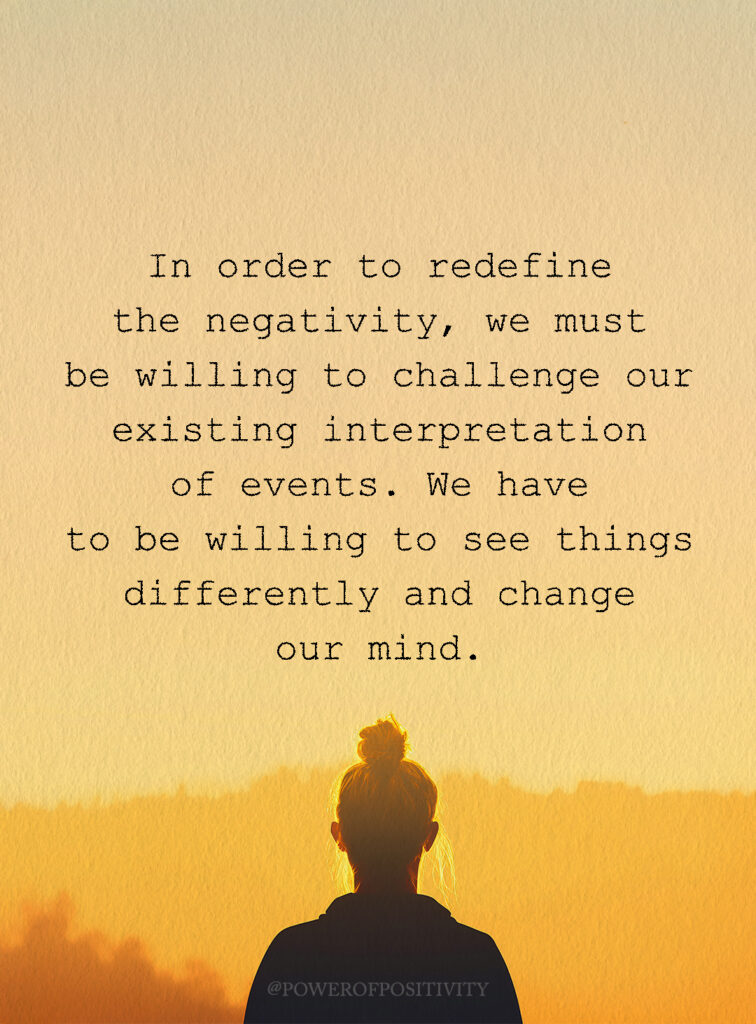Every person’s brain works in its own special way. That’s what makes life so interesting — and it’s the idea behind neurodiversity. Conditions like autism, ADHD, dyslexia, dyspraxia, and Tourette’s syndrome aren’t flaws; they’re simply different ways of thinking, learning, and responding to the world.
More experts now agree that support shouldn’t be about “fixing” these differences, but about helping people use their strengths. With the right understanding, neurodiverse minds can shine in school, at work, and in daily life.
Helping someone thrive means paying attention not only to skills and routines but also to emotions and confidence. When care and structure go hand in hand, growth follows naturally.
The next section shares expert-backed tips that show how small, practical steps can make a huge difference in helping neurodiverse minds reach their full potential.
Expert Strategies for Supporting Growth and Confidence
Supporting neurodiverse minds isn’t about perfection — it’s about building environments where people feel seen, supported, and capable. These expert tips focus on practical habits that anyone can start using right away, whether at home, school, or work.
1. Build Predictability Through Clear Routines
Consistency brings calm. Many children and adults with autism or ADHD feel safer when they know what’s coming next.
- Keep things predictable: Use a daily planner, visual schedule, or phone reminders to map out routines.
- Add gentle flexibility: When plans change, give a quick heads-up. This helps prevent stress and builds trust.
Experts say regular routines lower anxiety and help people transition more easily between tasks. Even small daily habits — like having breakfast at the same time or following a bedtime pattern — can bring focus and peace to neurodiverse minds.
2. Design Sensory-Friendly Spaces
Bright lights, loud sounds, or itchy fabrics can quickly overwhelm the senses. Creating a calm, cozy space helps balance the body and mind.
- Adjust lighting: Try soft lamps instead of harsh overhead lights.
- Reduce noise: Use soundproof panels or noise-canceling headphones when needed.
- Add comfort: Soft textures, warm colors, and breathable fabrics make a huge difference.
Therapists explain that sensory-friendly spaces support learning and reduce meltdowns or shutdowns. Simple adjustments can turn a stressful setting into a safe and focused one.
3. Encourage Emotional Regulation and Self-Awareness
Emotions can come fast and strong for some neurodiverse minds. Teaching ways to pause and manage those feelings is life-changing.
- Practice calm moments daily: Breathing exercises, short walks, or stretching help regulate emotions.
- Use visual cues: Feelings charts or calm-down corners remind people to recognize what they’re feeling.
- Track triggers: Journaling or using an app can help spot patterns.
Specialists say that learning emotional control builds confidence, helps with social connection, and reduces frustration. The goal isn’t to stop emotions — it’s to understand and guide them.
4. Use Positive Reinforcement Over Punishment
Encouragement works better than criticism. Focusing on what’s going well helps motivate and strengthen self-esteem.
- Notice effort: Say “You tried really hard on that,” instead of only praising results.
- Reward progress: Stickers, short breaks, or self-chosen rewards keep motivation high.
- Track growth: A simple progress chart helps visualize success.
Experts agree that positive reinforcement helps replace unwanted behaviors naturally. It tells neurodiverse minds that progress matters — not perfection.
5. Nurture Social Understanding With Modeling and Role-Play
Social skills can be tricky to grasp. Practicing them through role-play takes away the pressure and builds real confidence.
- Start with simple scenarios: Greeting someone, taking turns, or asking for help.
- Model behavior: Show how tone, gestures, and body language work together.
- Join group practice: Clubs, small workshops, or drama games make learning social skills fun.
Experts note that consistent practice helps reduce social anxiety and builds trust in daily interactions. It’s not about being “perfectly social” — it’s about feeling comfortable in connection.
6. Support Strengths and Special Interests
Every person has something they love — and that’s where growth begins.
- Spot what excites them: Whether it’s drawing, numbers, or music, build on it.
- Link learning to interests: Use a favorite topic to teach new skills, like reading through song lyrics or counting through games.
- Encourage ownership: Let them lead projects in their area of passion.
Studies show that focusing on strengths leads to better engagement and learning outcomes. For neurodiverse minds, celebrating what comes naturally can open doors to purpose and pride.
7. Collaborate Across Home, School, and Work
Growth happens faster when everyone works together.
- Stay connected: Teachers, therapists, parents, and supervisors should share updates regularly.
- Keep notes: Simple progress logs or shared digital journals track what’s working.
- Use teamwork: Aligning goals across settings builds consistency and confidence.
When caregivers and professionals coordinate their support, neurodiverse minds experience less confusion and more stability. That steady structure builds independence over time.
8. Provide Clear, Concrete Communication
Vague instructions can cause stress and misunderstandings. Clear words keep things simple and direct.
- Say exactly what you mean: Instead of “do your best,” try “write three sentences about your weekend.”
- Use visuals: Picture prompts or written checklists can make instructions easier to follow.
- Offer feedback gently: Be specific and supportive so changes feel doable.
Experts agree that concrete language prevents confusion and builds trust. This habit helps at home, in classrooms, and even in workplaces that want smoother communication for everyone.
9. Advocate for Inclusion and Accessibility
Acceptance changes everything. Real inclusion means giving everyone the tools and space to succeed.
- Rethink rules: Offer flexible deadlines, extra breaks, or quiet work areas.
- Raise awareness: Talk openly about neurodiversity in schools and offices.
- Empower self-advocacy: Encourage people to speak up about what helps them thrive.
Professionals highlight that inclusion doesn’t just benefit individuals — it improves teamwork, creativity, and morale. Making room for neurodiverse minds creates stronger, kinder communities for all.
10. Celebrate Individual Progress and Identity
Growth looks different for everyone. What matters most is recognizing each step forward.
- Celebrate wins: Whether it’s joining a group activity or mastering a new task, progress deserves notice.
- Respect identity: Use the person’s preferred terms and language.
- Promote self-acceptance: Remind them that being different is something to be proud of.
Research shows that people who embrace their identity have better mental health and stronger confidence. Every success — big or small — reinforces the message that neurodiverse minds are capable, valuable, and unstoppable.
Final Thoughts on Supporting Neurodiverse Growth
Empowering neurodiverse minds starts with understanding, not judgment. When we offer structure, kindness, and flexibility, we help people thrive — not just cope. Families, teachers, and employers who create supportive spaces don’t just help individuals grow; they help shape a world that values difference.
The more we celebrate unique ways of thinking, the more we realize — every mind adds something special to the story of human potential.















